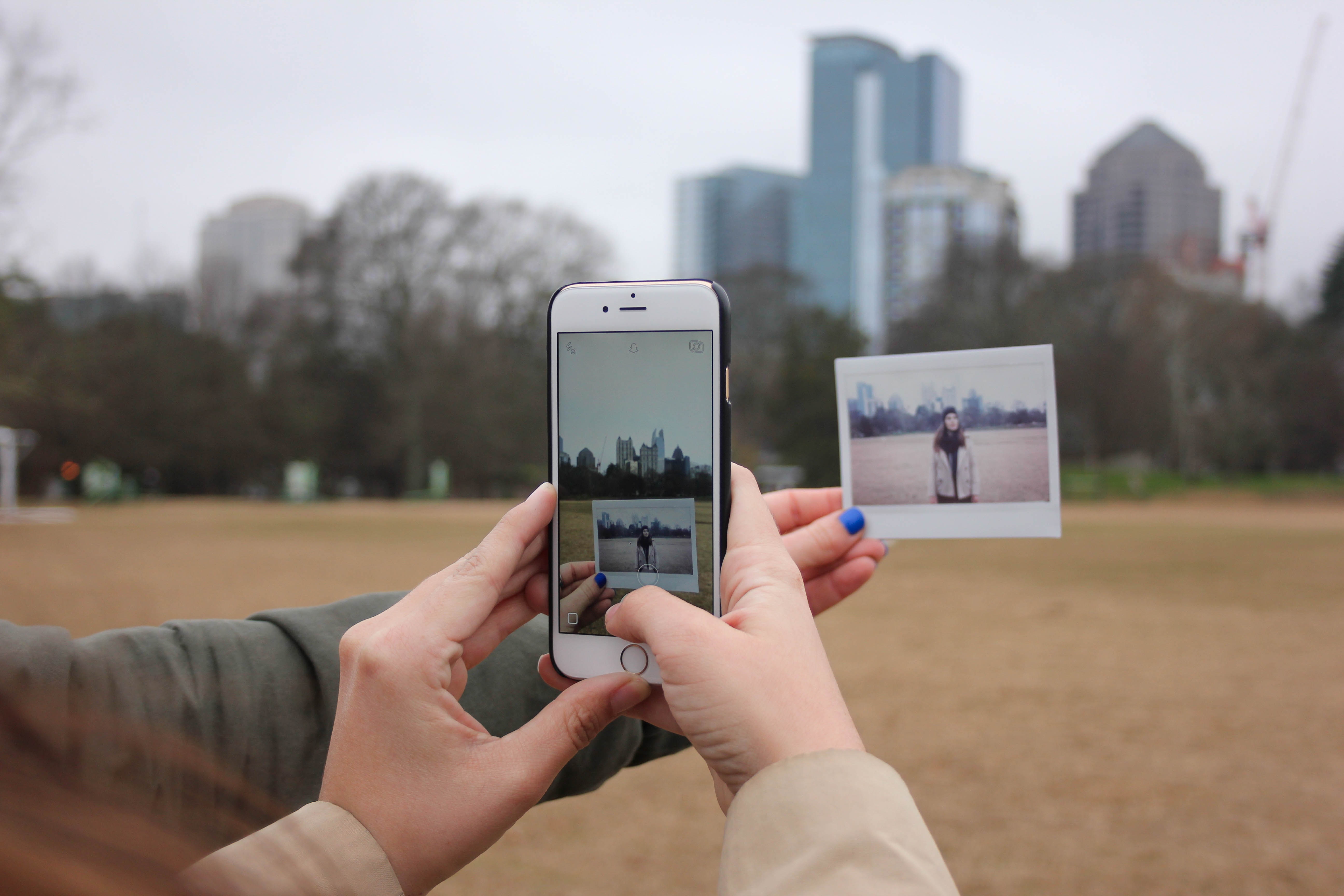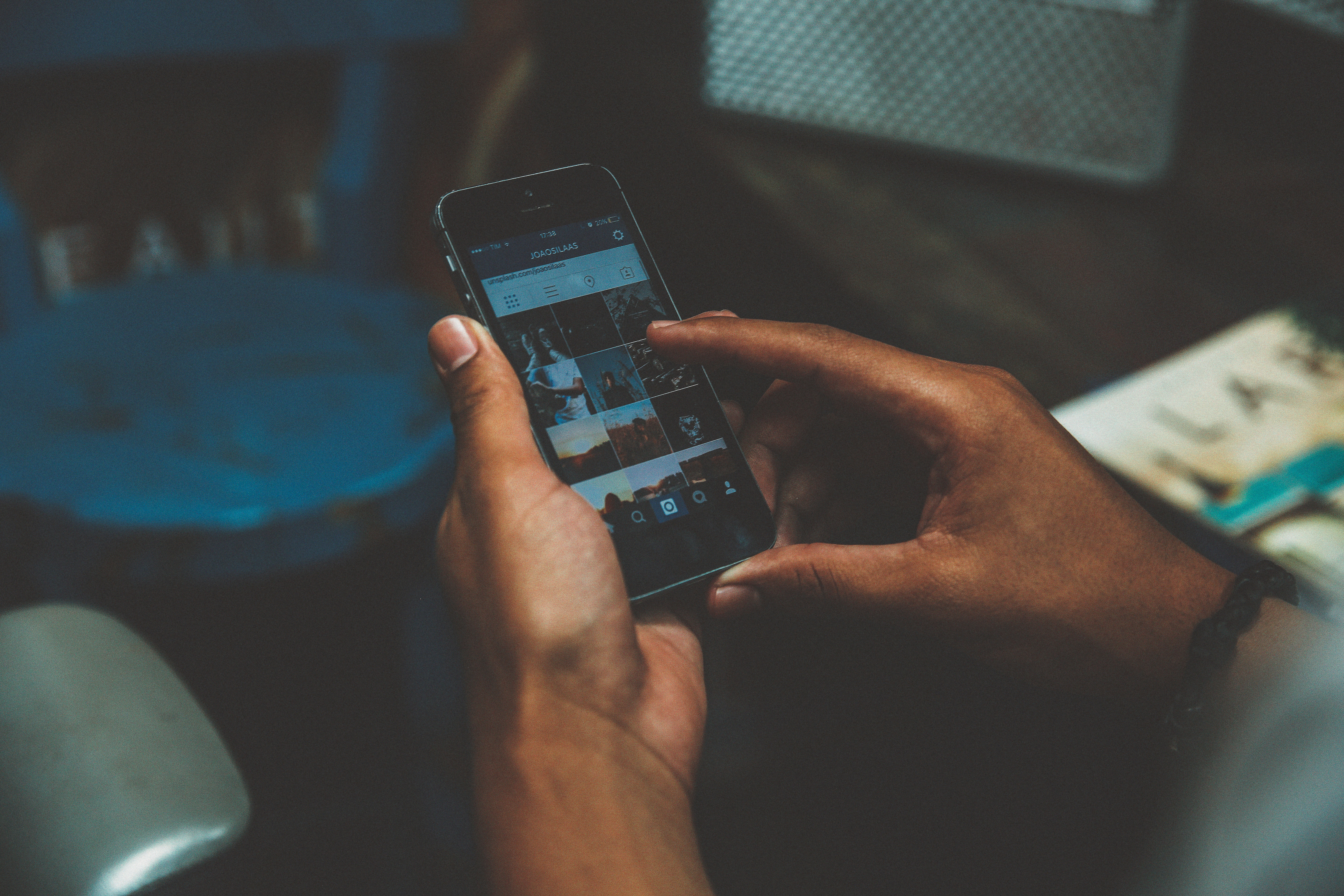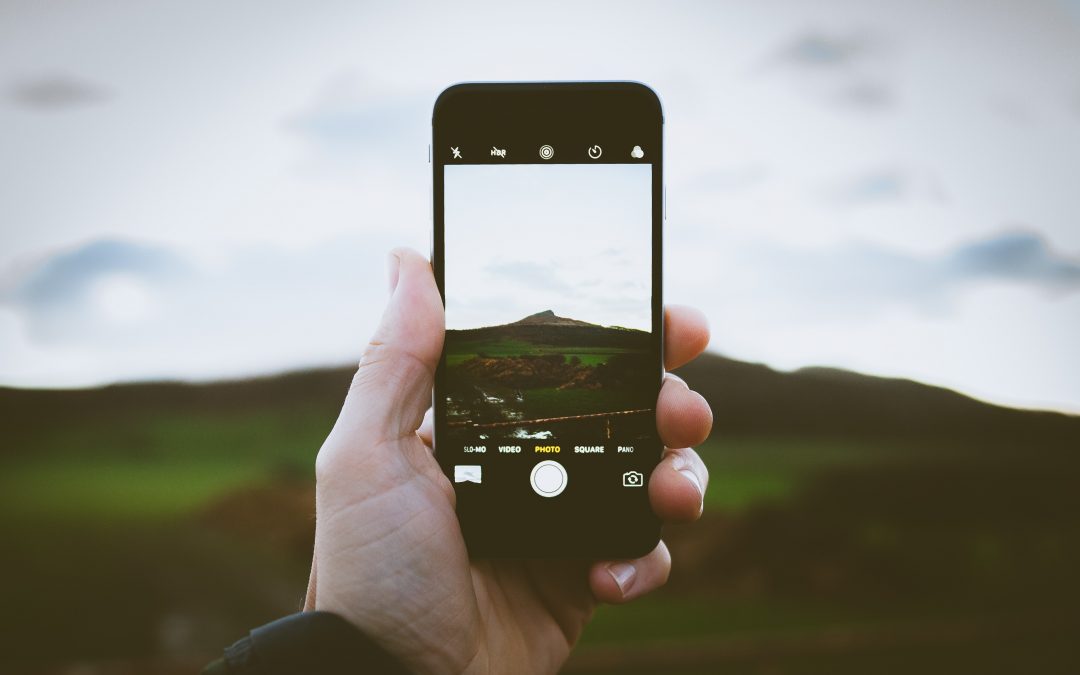Hey readers!
Does this sound familiar? You’re scrolling through your Instagram feed and someone’s selfie pops up. Everything about this person looks flawless in the photo. They have the perfect make-up, perfect outfit, and perfect smile. Or, maybe you check Snapchat and see your friends at an exciting party, laughing and socializing and having a great time while you’re sitting at home in your bathrobe. How does this make you feel? Recent studies have shown that using social media too much can increase rates of depression and anxiety. These social media platforms cause the users to constantly self-evaluate, feel competition, and lower their self-esteem. We get this idea that what we see on social media is reality and we don’t measure up. You see the best in a person and forget how easily the camera can hide our flaws; Instagram being the biggest culprit for this, followed closely behind by Facebook and Snapchat.
In a world of picture-perfect selfies and self-proclaimed food critics, social media has become a staple in our everyday lives, and there seems to be no way to avoid it. So much of planning events are centered around Facebook and many of us rely solely on social media to stay updated, whether that be important news from around the world or your cousin’s birthday.


Here are some tips on how to use social media in a way that promotes your own mental health:
1. First of all, consider minimizing your social media usage in general. If you don’t want to delete your accounts, I’ve found that a great alternative is just deleting the apps from your phone. That way, when when you want to check Facebook and Instagram you have to use a computer. This makes using social media feel more intentional and controlled instead of using it as a mindless distraction.
2. Take a close look at each page you are following on social media and try to determine how the page makes you feel about yourself. Maybe an Instagram page filled with cat memes are good for your mental health but a celebrity’s page filled with professionally shot photos is not. If you find that a page is causing more damage than good with how you feel about yourself, then consider unfollowing it.
3. Fill your newsfeed with pages that share the mental health stories of others and join these loving and life-giving online communities. Here are some Instagram accounts to help you get started:
I hope you found these tips helpful! Now try to stop comparing yourself to what you see online and always remember your true self-worth.
Love always,
Sané
